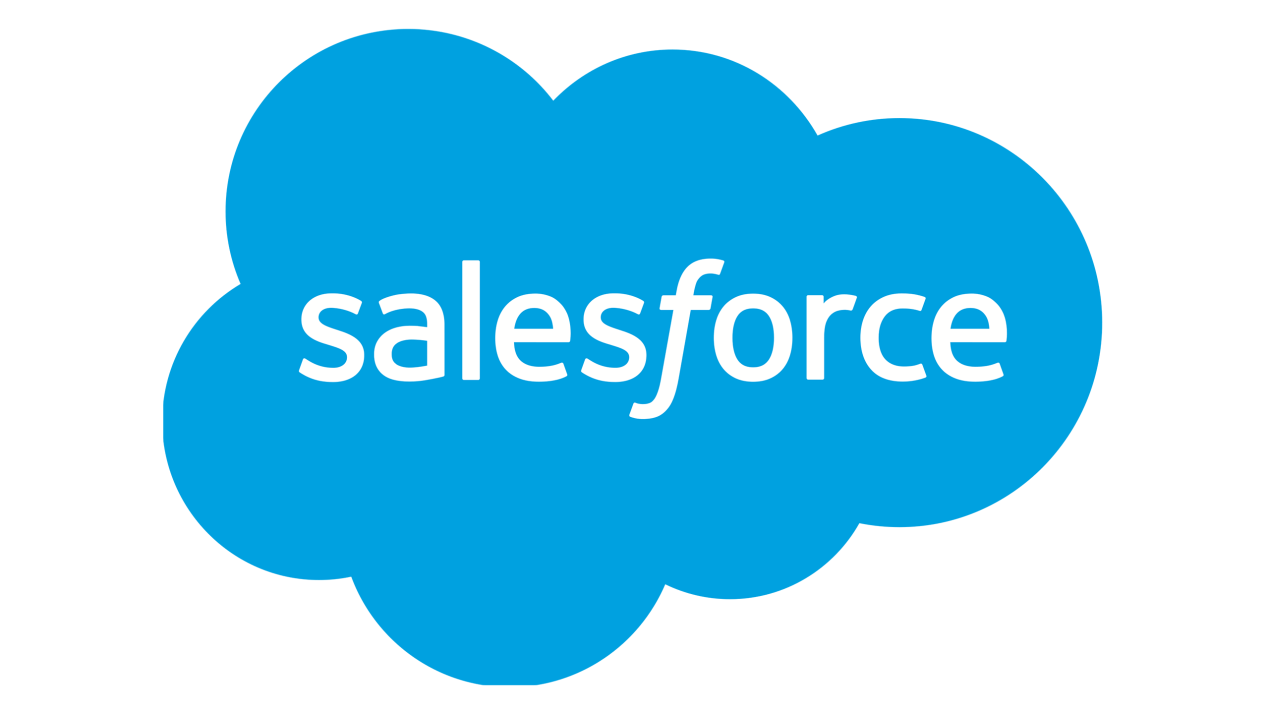
Why Skills-First Leadership Is Replacing the Ivy League Playbook in the C-Suite
The old prestige pyramid—where Ivy League degrees and blue-chip consulting backgrounds paved the way to the CEO seat—is cracking.

In a significant development for San Francisco, Salesforce, a leading cloud computing company, has agreed with Mayor London Breed to keep its annual Dreamforce conference in San Francisco for several years. This decision comes after months of negotiations between the company and the city, with Salesforce initially expressing concerns about the city’s homelessness and public safety issues.
The agreement outlines a series of commitments from Salesforce and the city to address these concerns and ensure a positive experience for Dreamforce attendees and the wider San Francisco community. Salesforce has pledged to invest millions of dollars in homeless services and infrastructure, while the city has committed to increasing police patrols and providing additional support for businesses and residents.
“We’re thrilled to have reached this agreement with Mayor Breed and the city of San Francisco,” said Salesforce CEO Marc Benioff. “We believe in San Francisco, and we’re committed to working together to make it an even better place to live, work, and visit.”
Mayor Breed applauded the agreement, stating, “This is a great day for San Francisco. Dreamforce is a major economic driver for our city, and we’re so pleased that it will stay here for the foreseeable future.”
The retention of Dreamforce is a major victory for San Francisco, as it secures a significant source of economic activity and prestige for the city. The conference attracts hundreds of thousands of attendees annually, generating millions in revenue for local businesses.
The agreement also signals a potential turning point in the city’s efforts to address its homelessness and public safety challenges. Salesforce’s investment in these areas could have a significant impact on the lives of San Francisco’s most vulnerable residents and help to create a safer and more welcoming environment for all.

The old prestige pyramid—where Ivy League degrees and blue-chip consulting backgrounds paved the way to the CEO seat—is cracking.

Loud leaders once ruled the boardroom. Charisma was currency. Big talk drove big valuations.

But the CEOs who make history in downturns aren’t the ones with the deepest cuts

Companies invest millions in leadership development, yet many of their best executives leave within a few years. Why?

The most successful business leaders don’t just identify gaps in the market; they anticipate future needs before anyone else.

With technological advancements, shifting consumer expectations, and global interconnectedness, the role of business leaders

Following a distinguished Law Enforcement career Joe McGee founded The Securitatem Group to provide contemporary global operational specialist security and specialist security training products and services for private clients, corporate organisations, and Government bodies. They deliver a wide range of services, including complete end-to-end protection packages, close protection, residential security, protection drivers, and online and physical installations. They provide covert and overt investigations and specialist surveillance services with a Broad range of weapons and tactical-based training, including conflict management, risk and threat management, tactical training, tactical medicine, and command and control training.

Jay Wright, CEO and Co-Owner of Virgin Wines infectious energy, enthusiasm, passion and drive has been instrumental in creating an environment that encourages talent to thrive and a culture that puts the customer at the very heart of every decision-making process.

Fabio de Concilio is the visionary CEO & Chairman of the Board at Farmacosmo, a leading organization dedicated to mental health and community support services. With a deep commitment to identifying and meeting customer needs, Fabio ensures that high standards are maintained across the board.

Character Determines Destiny – so said Aristotle. And David CM Carter believes that more than anything else. For David, it has been numerous years of research into codifying Entelechy Academy’s 54 character qualities that underpin everything he stands for as a leader and teacher.


Leave us a message
Subscribe
Fill the form our team will contact you
Advertise with us
Fill the form our team will contact you